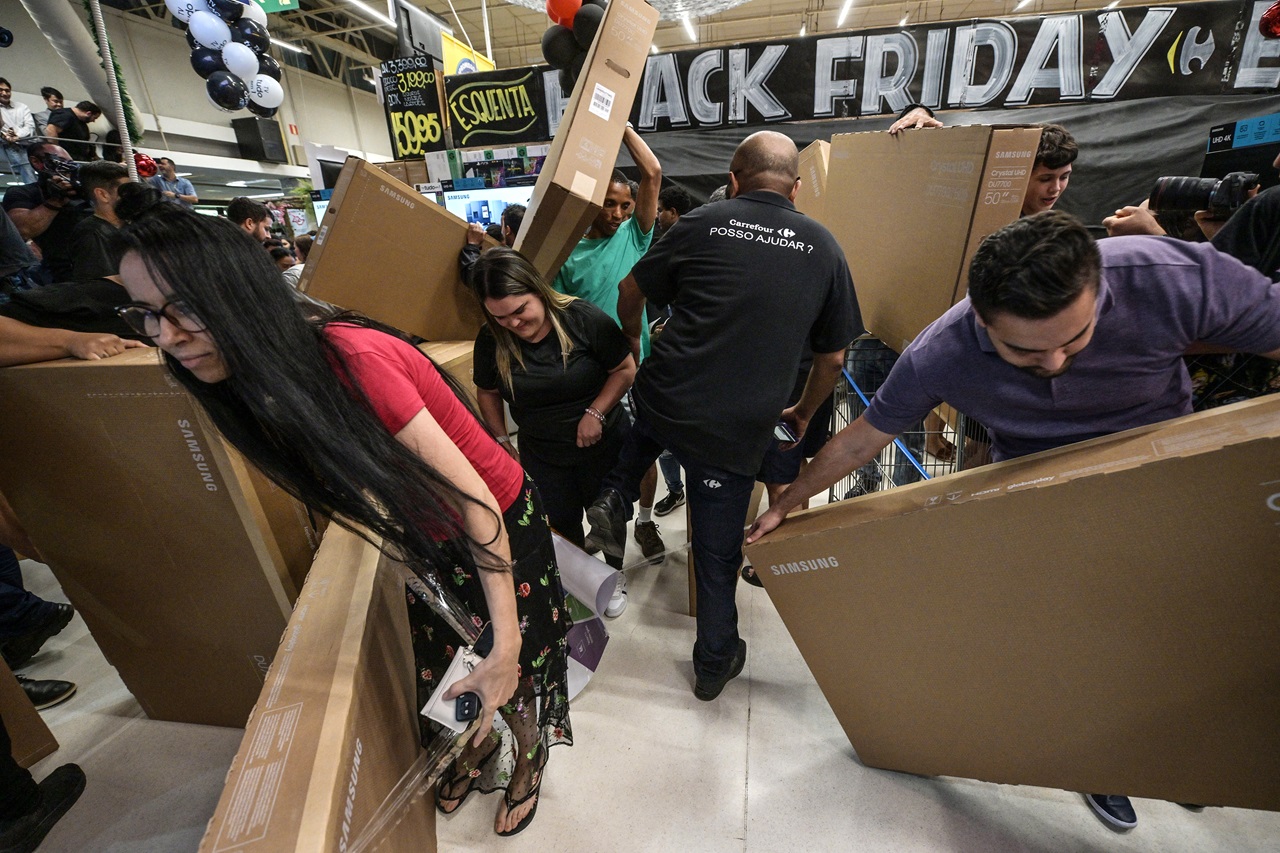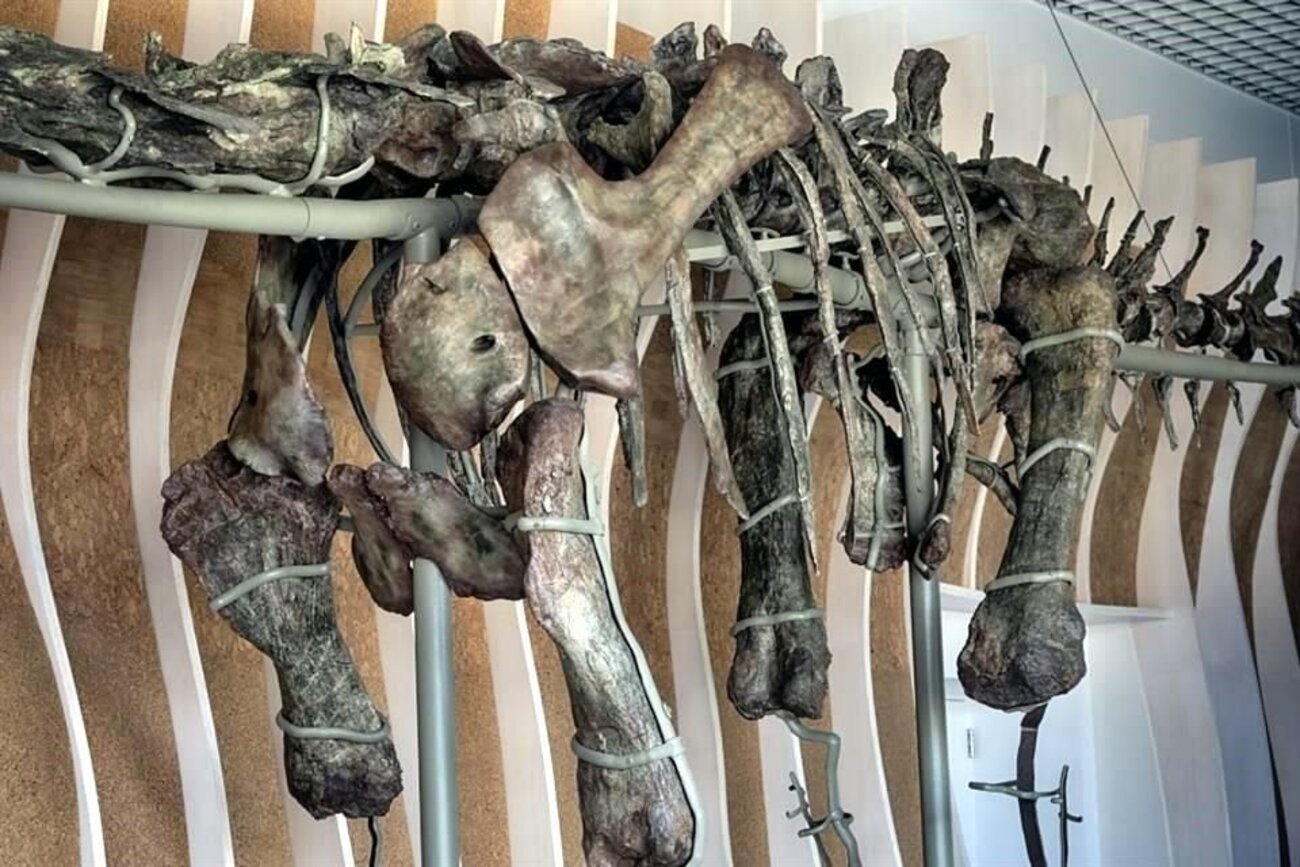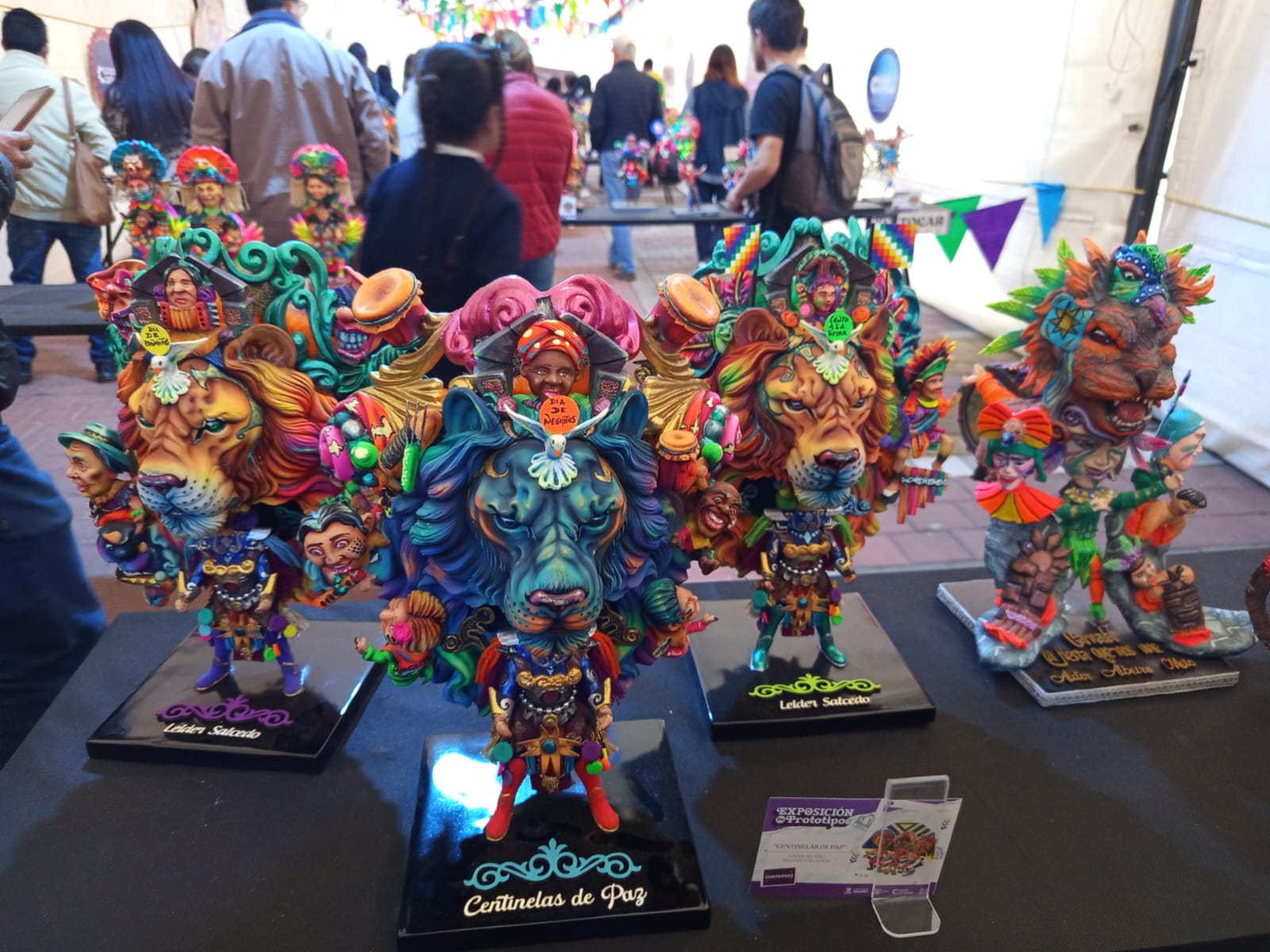
The kids who said 'No' to crime in Brazil's epitome of inequality
On one side are luxury apartments with private swimming pools, on the other, the daily shantytown life of Gustavo, Letizia and Livia, three of the youngsters who said "No" to crime and today fight to get ahead in a Sao Paulo neighborhood that is the epitome of inequality.
The streets of the Vila Andrade district in the Morumbi region, on the south side of South America's largest city, are separated by the invisible wall of inequality.
In this half-shantytown, no one can explain exactly why approximately 50 percent live in luxury and the others in such poverty that some international organizations have called it "extreme."
Education is lacking there and people are surrounded by crime and drug trafficking, Ester Leao, director of the Morumbi Association for Social Integration (AMIS), told EFE, adding that her non-profit helps more than 2,000 people in the area, 647 of them children, by giving them the chance to take classes in ballet, judo and violin.
Gustavo Henrique de Jesus, 13, who has gone to judo classes for five years, has often turned down traffickers tempting him to make money selling drugs.
CONTENIDO RELACIONADO
"They even robbed my mom a few weeks ago when she was driving home from grandma's," he said.
One of his friends, Daniele, 14, a two-time judo champion in her category, says not all youths here reject crime - she had "friends who are now completely lost."
Letizia, 12, first took up the violin and now plays the cello, while Livia Vitoria, 13, finds dancing ballet a "wonderful experience." Both know they are escaping the depths of crime and poverty.
The inequality of Vila Andrade is not the result of the country's deep economic recession, which has only made it worse - it's a historic scourge in which 1 percent of proprietors own a fourth of the city's buildings.
Just a few meters (yards) from the residential buildings in the rich people's area, Livia Vitoria's mother Genusia reflected. "Why don't I live there? How do you explain why some have so much and others so little?"










DEJE UN COMENTARIO:
¡Únete a la discusión! Deja un comentario.